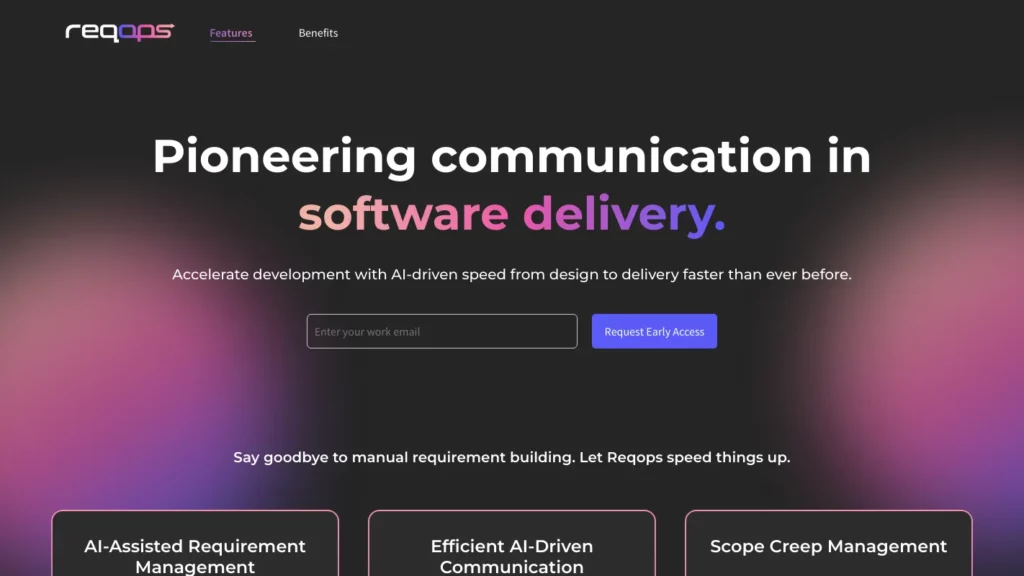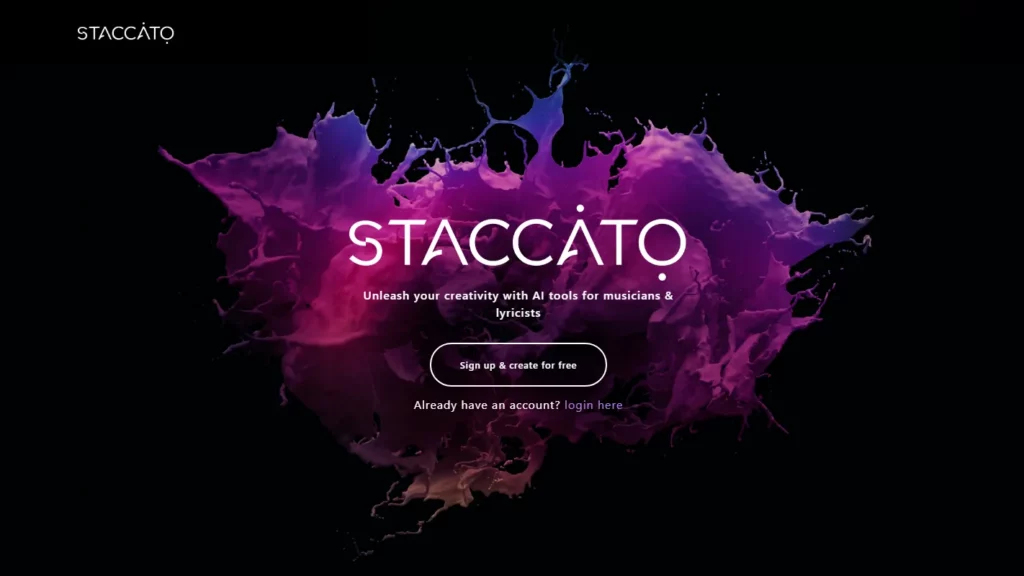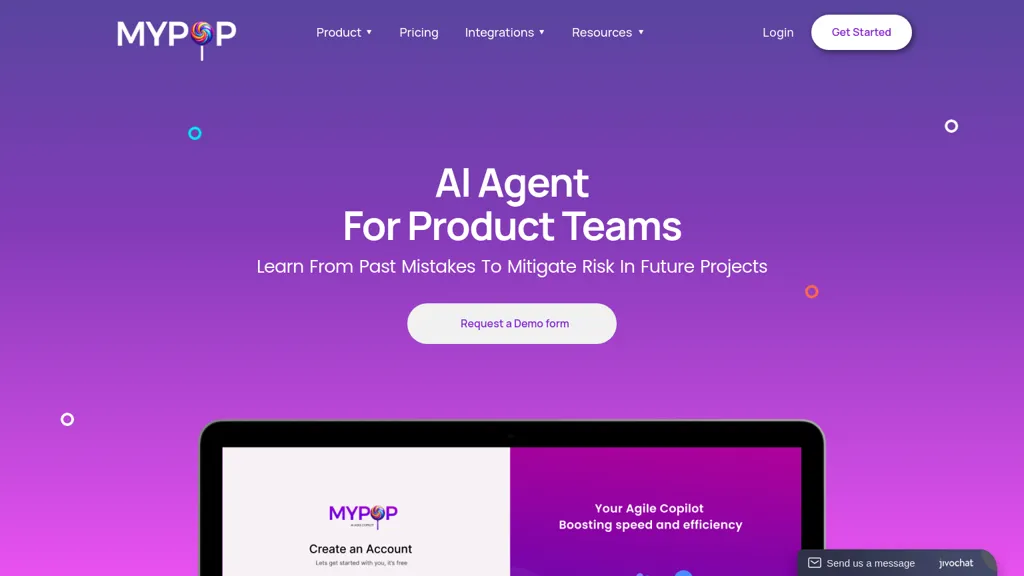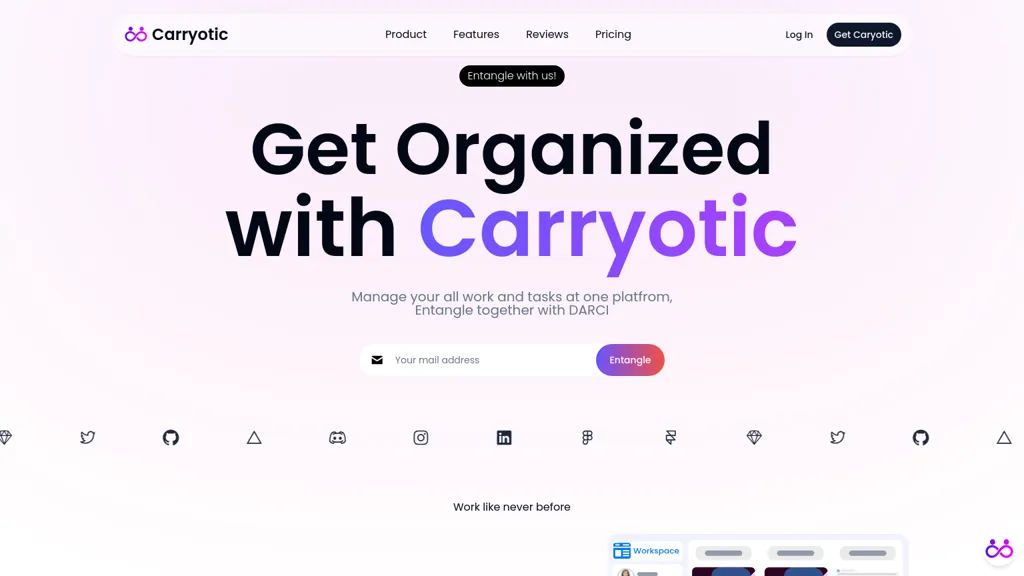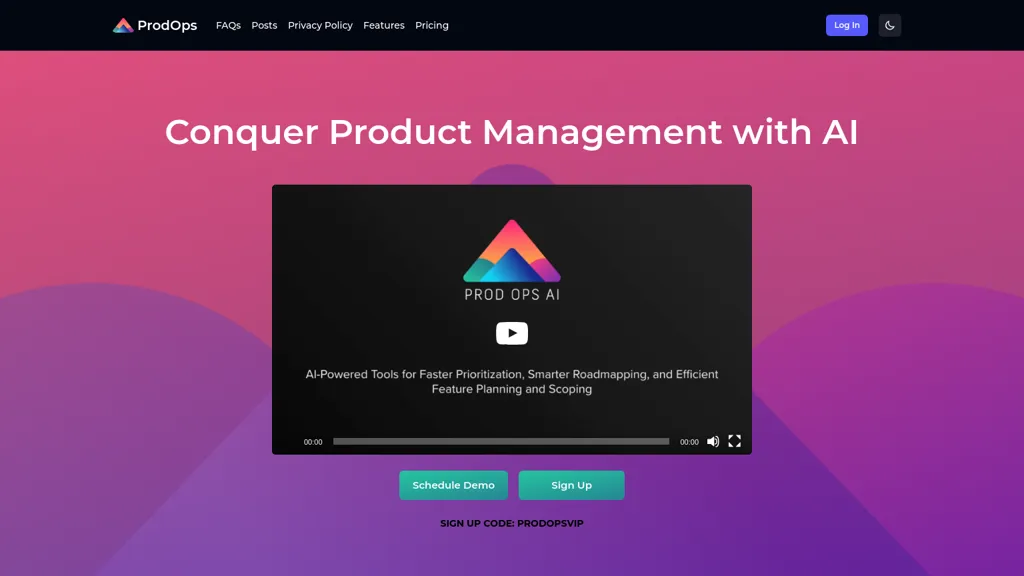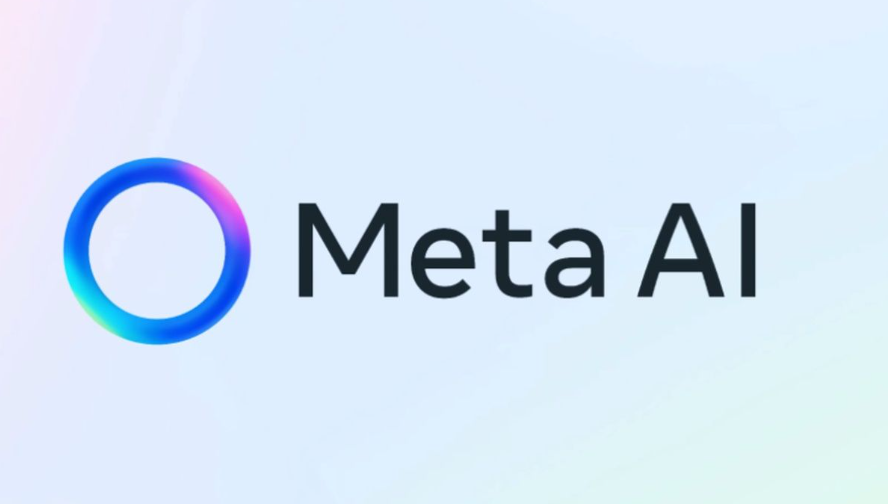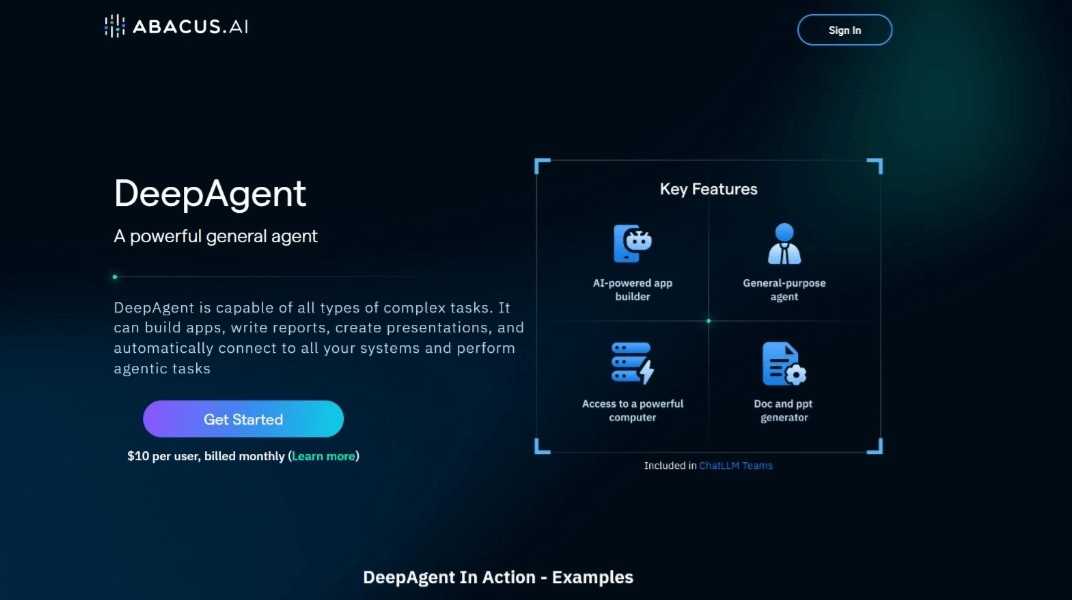What is ReqOps?
ReqOps is a comprehensive platform designed to streamline the requirements management process for teams and organizations. It offers tools for collaboration, tracking, and prioritizing requirements, ensuring that all stakeholders are aligned throughout the project lifecycle. By enhancing visibility and communication, ReqOps aims to improve project outcomes and efficiency in delivering software solutions.
Top 5 ReqOps Features:
- Collaborative Requirements Management: ReqOps provides a centralized space for teams to collaborate on requirements, allowing multiple stakeholders to contribute, review, and refine project specifications in real-time.
- Customizable Workflows: The platform offers flexible workflow options that can be tailored to fit specific team processes, ensuring that requirements move through appropriate review and approval stages.
- Traceability and Version Control: A comprehensive history of changes and versions for each requirement enables teams to track the evolution of project specifications and revert to previous versions if needed.
- Integration Capabilities: The tool integrates with popular development and project management platforms, facilitating seamless data flow between requirements and other aspects of the software development lifecycle.
- Reporting and Analytics: Robust reporting features and analytics tools, allows teams to gain insights into project progress, requirement status, and potential bottlenecks in the development process
Top 5 ReqOps Use Cases:
- Software Development Projects: Development teams can use ReqOps to manage and track requirements throughout the software development lifecycle, ensuring all stakeholders are aligned on project goals and specifications.
- Agile Product Management: Product managers can maintain a dynamic backlog of user stories and requirements, facilitating sprint planning and iterative development processes.
- Regulatory Compliance: Organizations in regulated industries can utilize ReqOps to document and trace requirements related to compliance standards, ensuring all necessary regulations are addressed in their projects.
- Enterprise IT Transformations: Centralizing requirements management across multiple teams and departments can benefit large-scale IT transformation projects, improving coordination and reducing redundancy.
- Client-Vendor Collaborations: For outsourced development projects, this tool can serve as a shared platform for clients and vendors to collaboratively define, refine, and track project requirements, enhancing communication and reducing misunderstandings
